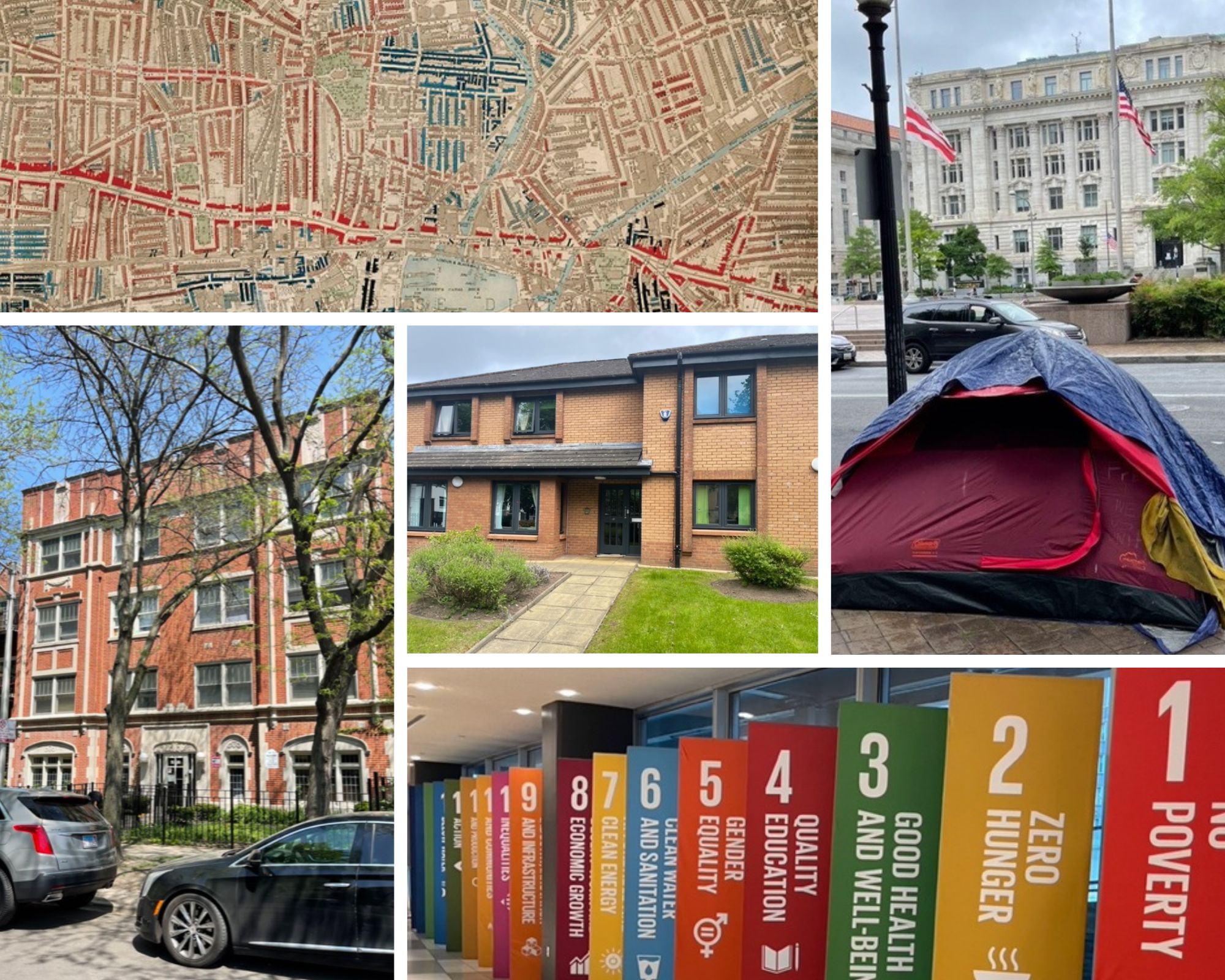Homelessness is not only a human tragedy and community disaster but also an economic problem. Ignoring it is more costly than solving it. As both citizens and economic players, business leaders have a stake in ending homelessness, and many are stepping up to address it. Here are some ways businesses, from small enterprises to large corporations, can help reduce and end homelessness in their communities.
Recommendation 1: Support systemic change
Business leaders, chambers of commerce and local trader groups play a key role in endorsing system-level changes to end homelessness. In some communities, business groups have mobilised to create pressure and provide funding for the necessary policies and support. Charitable arms of businesses can also leverage their investments to drive system change while supporting individuals who need housing.
Recommendation 2: Champion the collection and use of quality data
Businesses understand that “what gets measured gets managed.” To solve homelessness, it’s crucial to know who is experiencing it. Reliable data on individuals’ names and needs allows communities to systematically address homelessness. Tracking the size, composition and dynamics of the homeless population is also essential.
Recommendation 3: Understand your community’s specific goals
Advance to Zero communities aim for functional zero, creating accountability for reducing and ending homelessness among specific populations such as those experiencing chronic homelessness, veterans or Aboriginal and Torres Strait Islander peoples. By understanding these goals, business leaders can support community efforts and help prevent homelessness.
Recommendation 4: Identify champions
Business leaders and allies who partner with local Advance to Zero communities can significantly impact by promoting solutions rather than fixating on problems. Business champions can help:
- Build understanding that ending homelessness is possible
- Tackle stigma and dispel false notions that homelessness is a choice
- Develop business cases for local data-driven efforts to end homelessness
Recommendation 5: Support social enterprise
Businesses can support events and initiatives that foster collaboration between homelessness agencies, employment service organisations and the social enterprise sector.
Find social enterprises
Recommendation 6: Use social procurement
Leverage procurement activities to support local efforts in preventing, reducing and ending homelessness.
Recommendation 7: Build your understanding
Learn more about efforts to end homelessness in Australia by connecting with local Zero projects or collaborations and exploring the work of business leaders tackling homelessness in other countries.
Recommendation 8: Develop a toolkit
Support the creation of a toolkit for ending homelessness and business engagement. This resource would integrate shared value strategies and guide businesses of various sizes on how to effectively contribute to ending homelessness.
Recommendation 9: Look into social impact investment
Become a social impact investor to help increase access to affordable housing for those experiencing homelessness.
Recommendation 10: Engage your team
Be an employer that helps end homelessness. Engaging employees in philanthropic work creates meaningful experiences, boosts team morale and connects your company’s mission to meaningful change. Employee donations can also make a greater impact.


